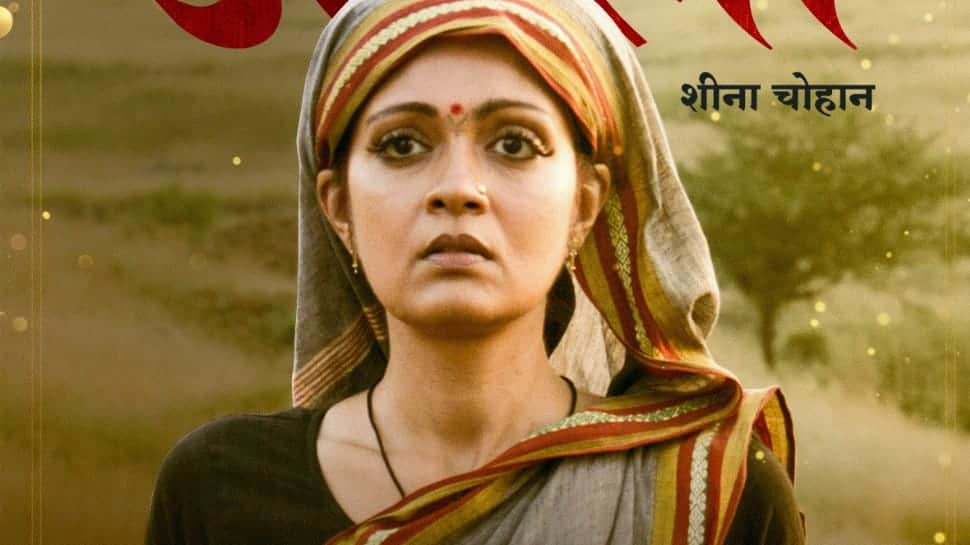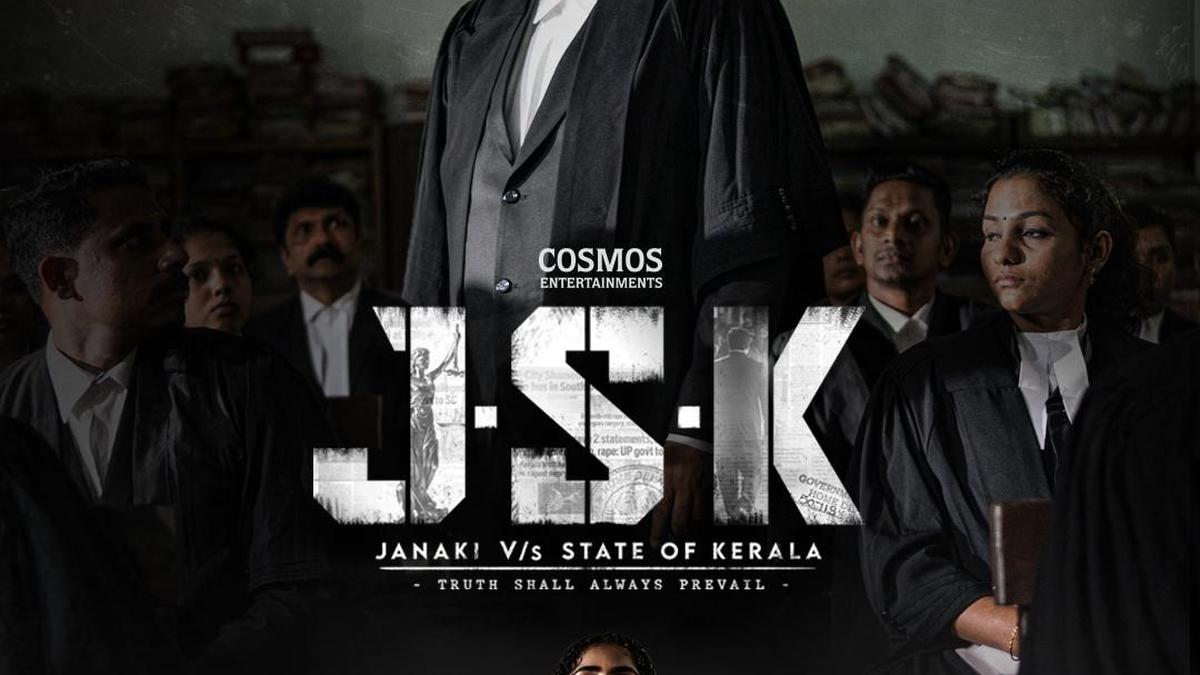‘Sitaare Zameen Par’ movie review: Aamir Khan’s seasonal moral science class

Aamir Khan in ‘Sitaare Zameen Par’
| Photo Credit: YouTube/Aamir Khan Talkies
There is a self-aware moment in Sitaare Zameen Par that nicely parodies the moral science cinema of Aamir Khan. A team of neurodivergent basketball players has won a precious free throw in a losing game. Their coach, Gulshan, can’t stop pep-talking the player about to take the shot. Satbir (Aroush Datta) loses his head and yells out. “Sir, pehle aap chup rahiye,” he thunders, telling Gulshan to shut up. Khan — one of the most didactic superstars India has ever produced — needs to surround himself with more Satbirs.

In his directorial debut, Taare Zameen Par, a landmark film from 2007, Khan played Nikumbh, a sensitive art teacher who mentors a dyslexic child in a boarding school. The audience, too, felt mentored meaningfully by Khan, their hearts and minds broadened by a thoughtful, virtuous star. Khan spiked his hair and dressed up in a clown suit for the role. Yet, every so often, we spotted a halo behind his head.
The halo is smartly hidden from view at the start of Sitaare. Yet, Khan’s contract with the audience has remained unchanged. Billed as a spiritual sequel to Taare Zameen Par, and remade from the 2018 Spanish drama Campeones (Woody Harrelson starred in a 2023 English-language version), Sitaare echoes the first film’s mission: raising awareness about neurodivergence. This it does in the most predictably teachable fashion. There’s hardly a scene that doesn’t yield a lesson, a realisation. An ideal Aamir Khan film can be both entertaining and edifying. But when the balance tilts, it’s just annoying.
Sitaare Zameen Par (Hindi)
Director: RS Prasanna
Cast: Aamir Khan, Genelia D’Souza, Dolly Ahluwalia, Aroush Datta, Gopi Krishnan Varma, Aayush Bhansali
Runtime: 155 minutes
Storyline: An imperious basketball coach trains a team of players with intellectual disabilities
We meet Gulshan as a cocksure assistant coach in Delhi. He is imperious, insolent, insufferable. As the story begins, he’s suspended from his job for the minor intemperance of socking his superior in the face. To make things worse, he’s arrested and pulled up in court for drunk driving, getting off with three months of community service. He winds up at a centre for adults with developmental disabilities. The team he meets — a cheery bunch of nine, with Autism Spectrum Disorder (ASD) or Down Syndrome — is as convinced of his ineptitude as he is of their worthlessness. My favourite is the suave Sharmaji (a charming Rishi Sahani), who takes one look at Gulshan and declares, “Naya coach gadha hai (the new coach is an ass).”
In the court scene, Gulshan uses the word ‘pagal’ (mad) to describe people with intellectual disabilities, raising the hackles of the judge. However, since it’s Aamir Khan playing him — and not Rajkummar Rao or Nawazuddin Siddiqui — we know a change is swiftly around the corner. Because Gulshan is the ostensible idiot in the story, a man of moderate height and an inflated ego, the secondary and tertiary characters have to fill him in, explaining chromosomes and the varying shades of ‘normal.’ “Jo baki logo se alag hote hai, unke liye kisi na kisi ko ladna padta hai,” his mother, played by Dolly Ahluwalia, tells him. Gulshan’s marriage has hit a snag, yet Sunita (Genelia D’Souza) is a constant pillar of support. The setting is ordinary Delhi. Why is everyone behaving so nicely?

Unlike the affecting Ishaan Awasthi, whose isolation from his family formed the emotional crux of the first film, the neurodivergent characters in Sitaare Zameen Par don’t get elaborate backstories or journeys. Instead, sweet, sentimental montages sum up the basic facts of their lives. Only one character, Hargovind (Naman Misra), is granted something resembling an arc. Neurodivergent existence is explained in terms of its utility to mainstream society. Director R.S. Prasanna and writer Divy Nidhi Sharma fight shy of messiness and complexity, serving a blur of happy faces. They must ask themselves: by painting these characters as ungrudging, inspirational figures, are they serving the theme of inclusion or simply perpetuating a positive stereotype?
As actors get older, some of the self-seriousness wears off, and the audience is all the better for it. Despite the frequent digs at his height, Khan isn’t as uproariously funny here as he was in Secret Superstar (2021). Time and again, everything loops back to him. The on-court action is mediated almost entirely from his point of view, and the actor’s famous songs — ‘DK Bose,’ ‘Papa Kehte Hain’ — are yanked into service. Even as Gulshan runs away from responsibility, Khan can’t run away from his: holding the public’s arm and guiding them into the light. “Let me explain,” he says. And the halo reappears.
Sitaare Zameen Par is currently running in theatres
Published – June 20, 2025 01:28 pm IST






